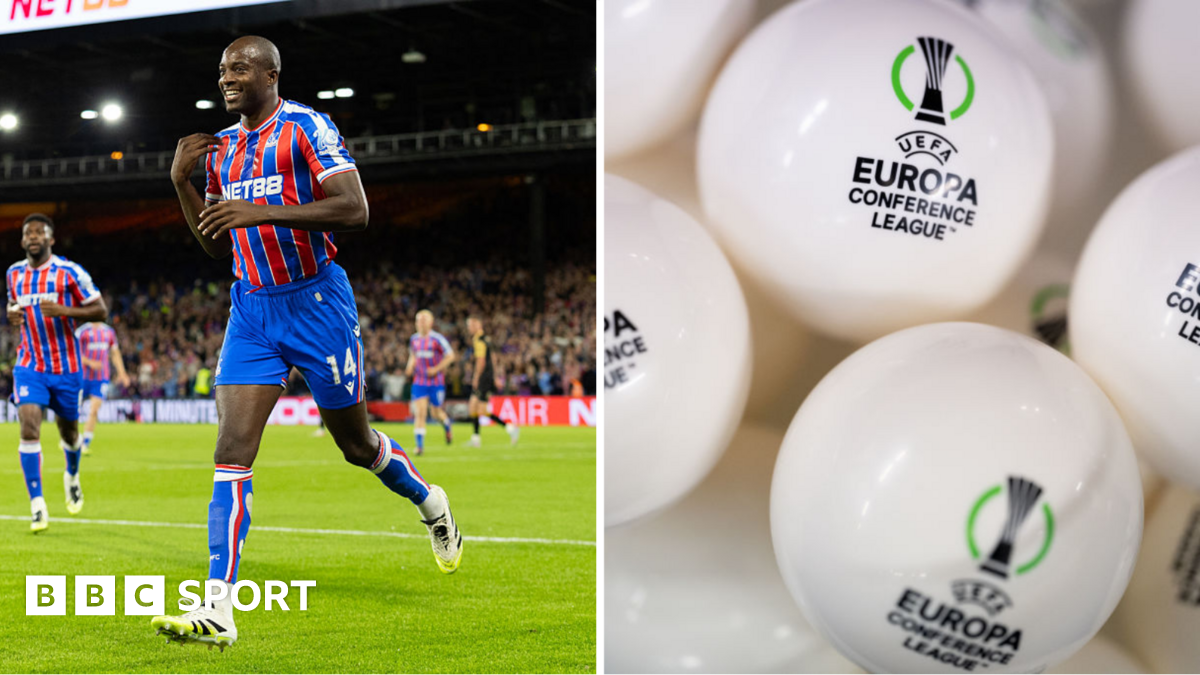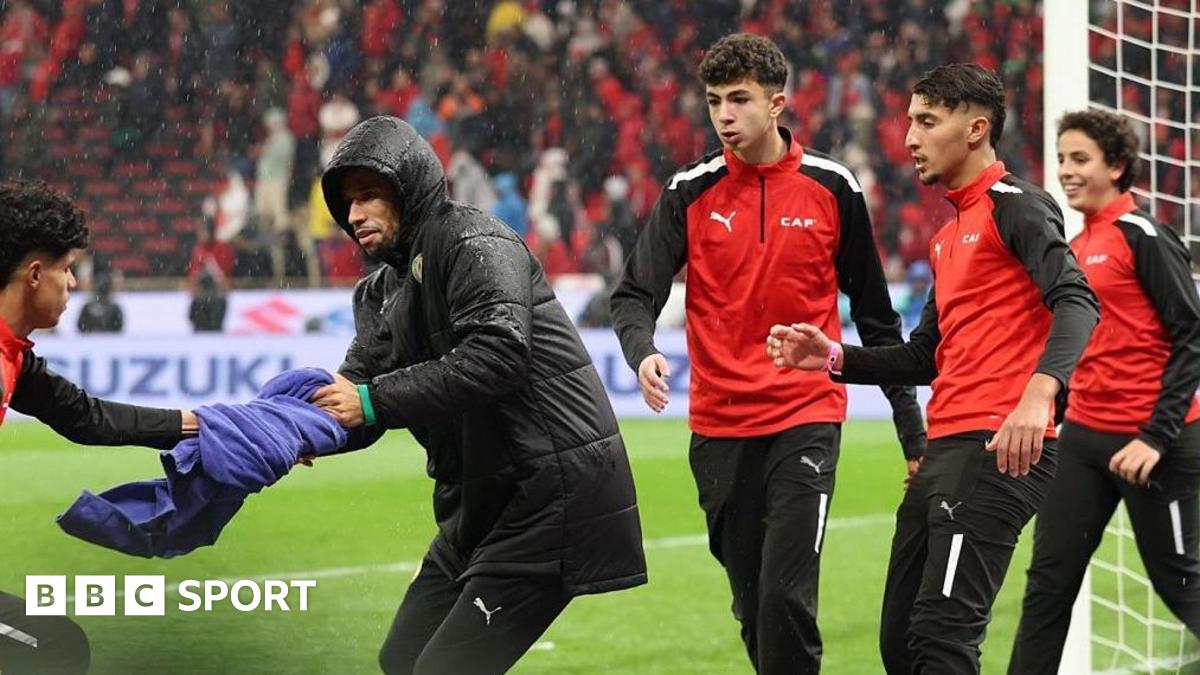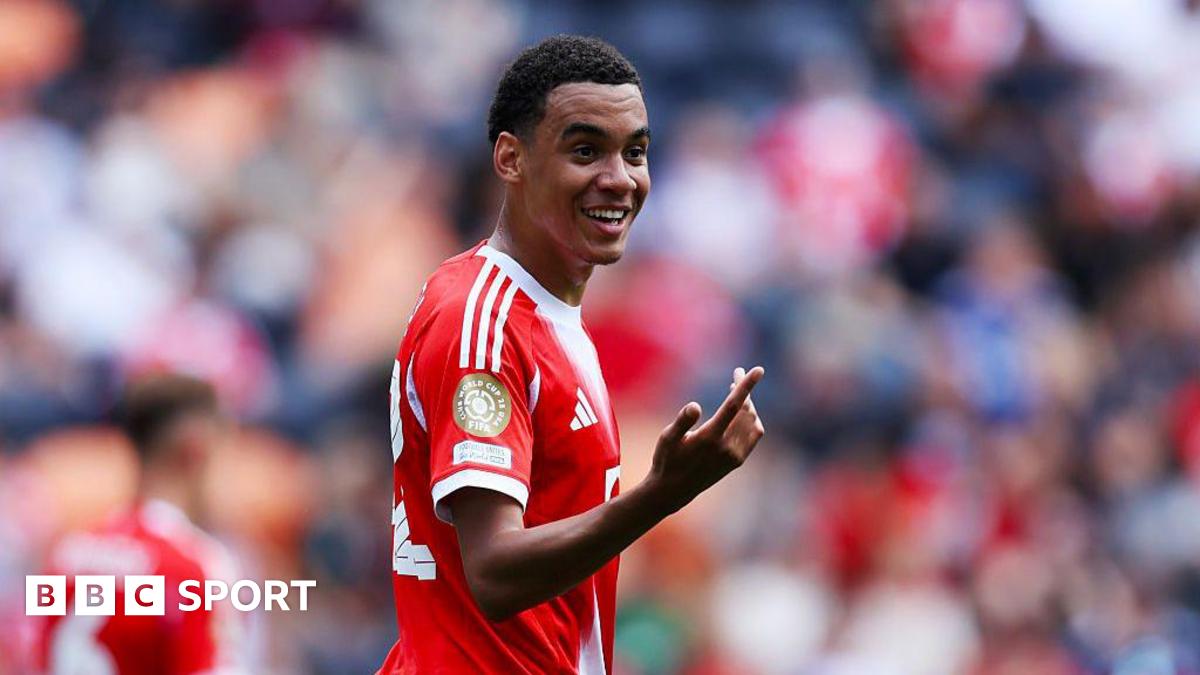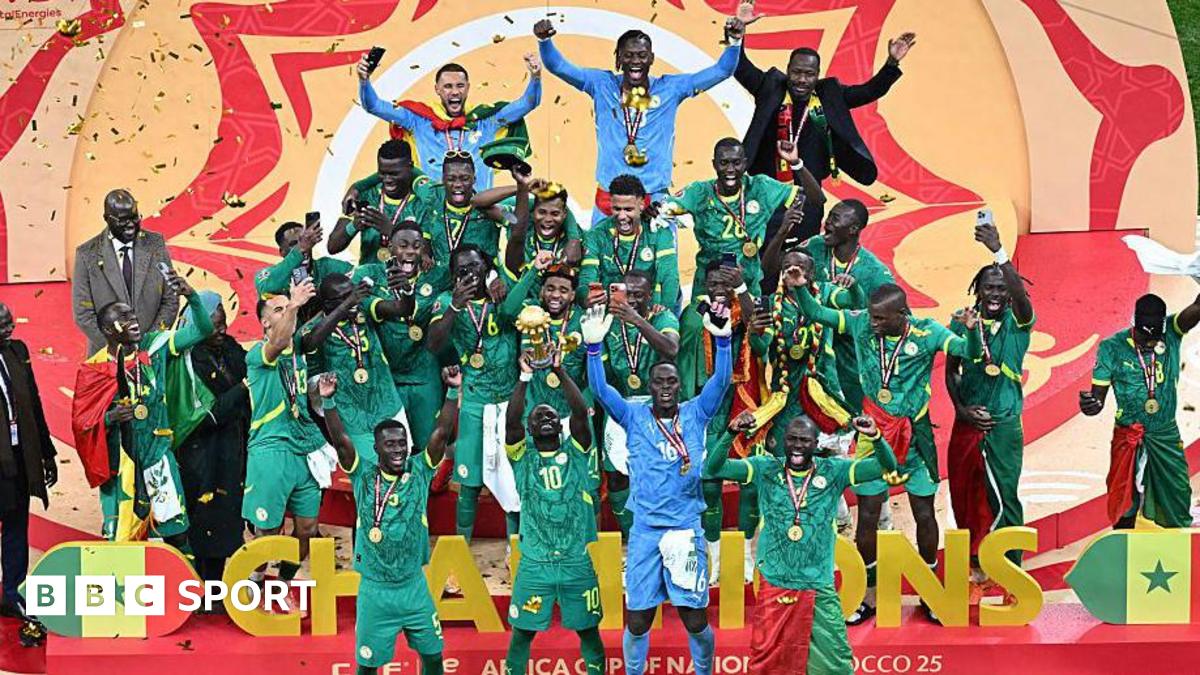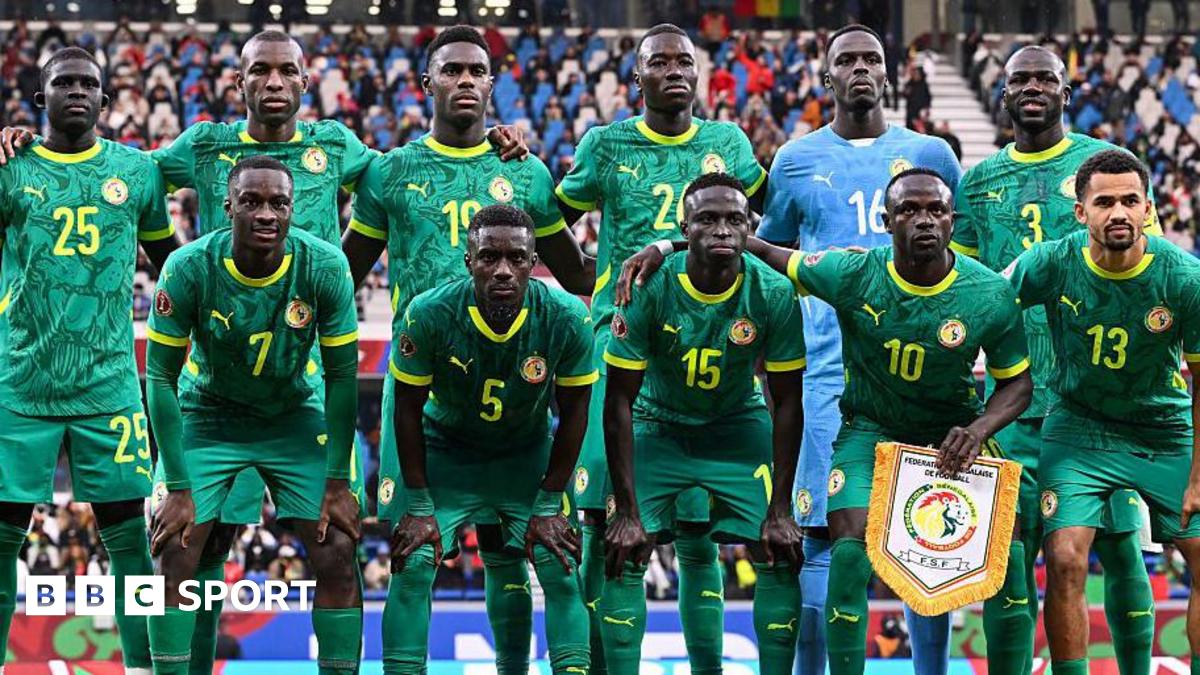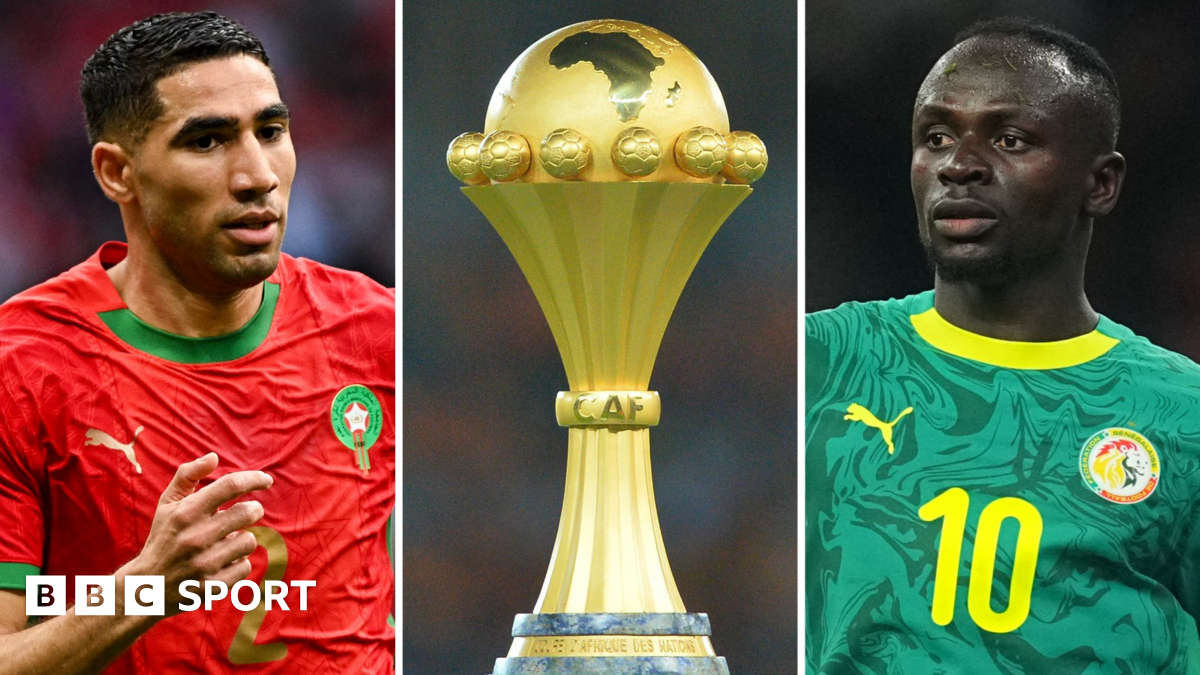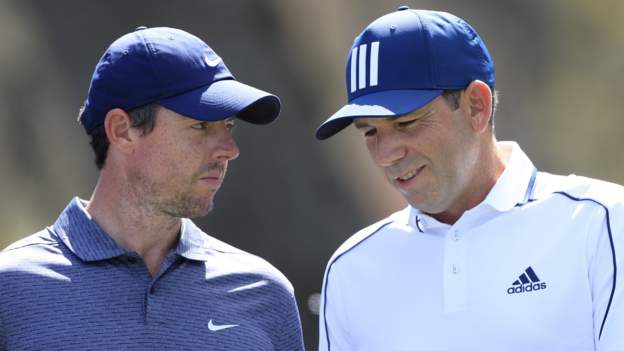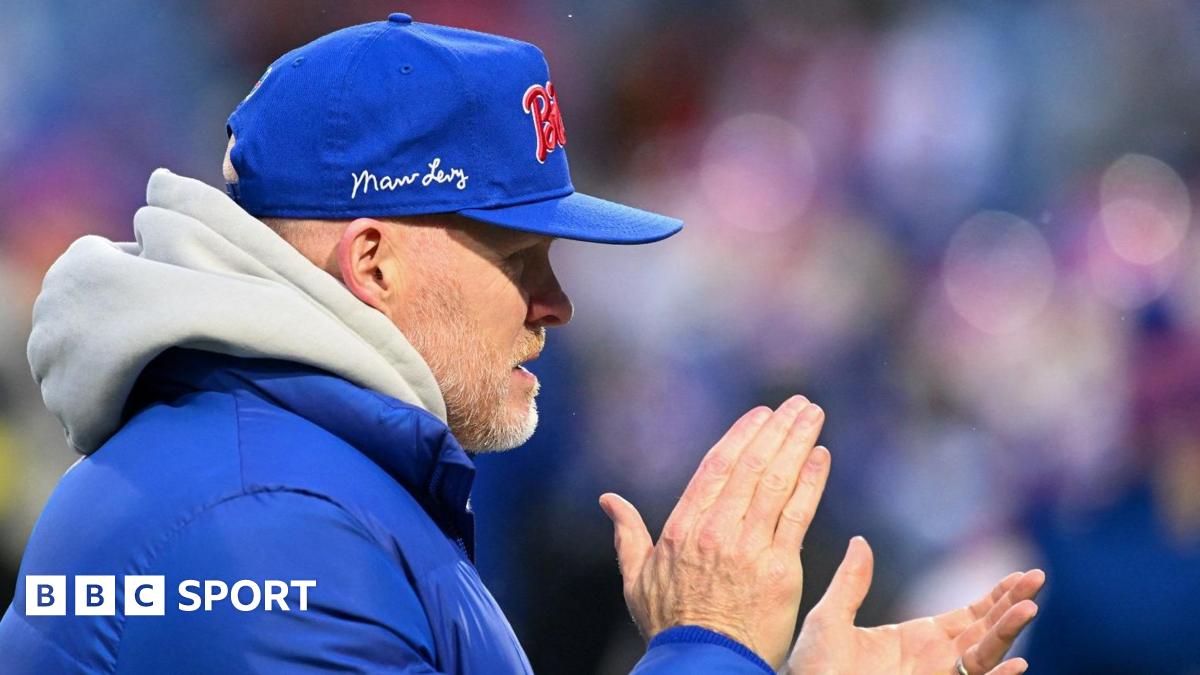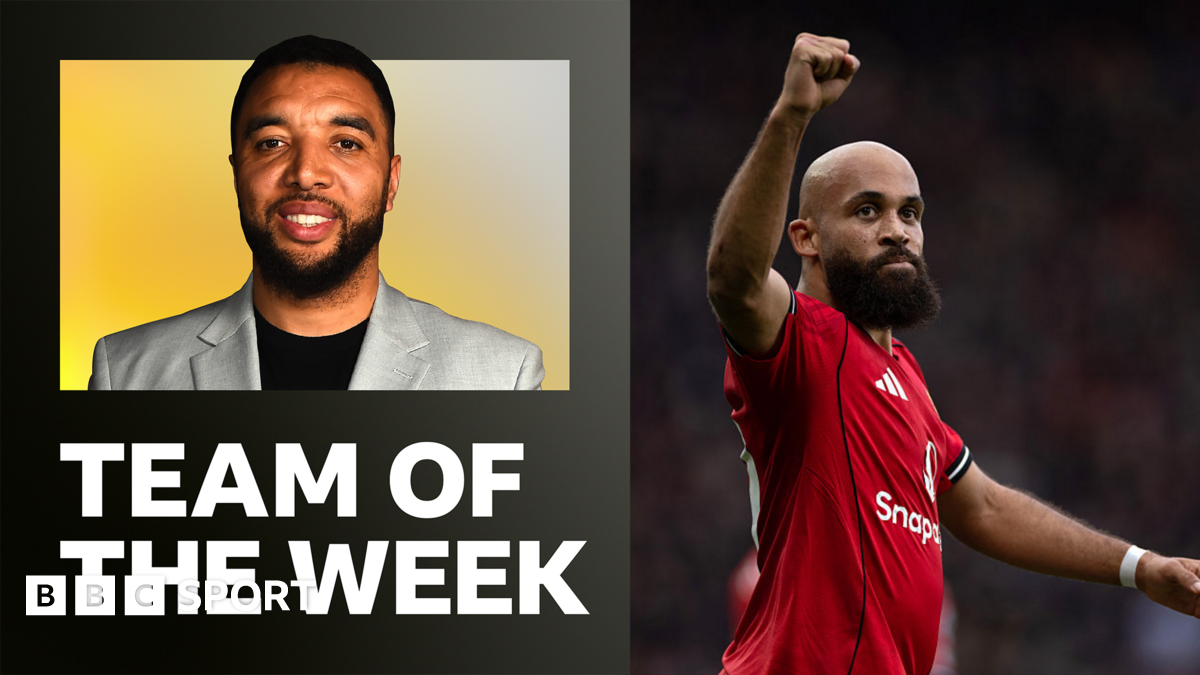Outside of a World Cup, it is hard to remember England entering a more talked-about, more eagerly anticipated Twenty20 series than the five matches against India.
Commencing on Friday is a battle between the top two teams in the world, with all of the matches taking place in the world’s largest cricket stadium, in the country where the World Cup will be held seven months from now.
But, really, the intrigue comes from what has gone before – a rotation policy means players that were rested for England’s 3-1 Test series defeat are now available for the T20s. It is a topic that had captain Eoin Morgan and vice-captain Jos Buttler ducking and weaving when they faced the press this week.
If there is widespread disagreement with the decision for England to be at full-strength for the T20s but not the Tests, and little sympathy for players who are being rested from internationals despite featuring in two editions of the Indian Premier League in the space of six months, perhaps there can at least be understanding as to why both have occurred.
The need to rotate – and accommodate the IPL
No international cricket team – probably no international sports team – has been as busy as the England men’s side in the Covid era.
Not one match was lost from the schedule in the home summer of 2020. Two rearranged Tests against Sri Lanka were played in January and two more against New Zealand have been added to the home summer later this year.
Even without the travel and logistical challenges that come with a global pandemic, a 2021 calendar of 17 Tests, a Twenty20 World Cup and all the build-up that goes with it, and plenty of one-day internationals is ridiculous.
Players were always likely to need a break. Something had to give and, from a players’ point of view, it is unrealistic for an IPL deal to be that something.
Even when you discount the chance to rub shoulders with the best in the world – Morgan called it “priceless”- how can players be expected to turn down the lucrative deals when they had previously been told they would not be prevented from pursuing them?
For some, the IPL deal is comparable to the yearly wage from their central contract. Buttler called the money “advantageous”.
If push had really come to shove – and there is no suggestion that this is the case – could we have been in a situation where an England player would eventually turn down a central contract in exchange for the freedom franchise cricket brings?
It has been suggested by some that the players should show more loyalty to the national team, that they would not be as attractive to the IPL had they not made their name with England.
It is not wholly true.
Jofra Archer was a global megastar before he was even eligible to play for England. Buttler was only recalled to the Test team on the back of his IPL form. Moeen Ali and Jonny Bairstow are pursuing other options after losing their Test contracts.
When to rest?
If the IPL is a non-negotiable, then could England not have rested players during the T20s, rather than the Tests?
Perhaps, but it is not so far in the past, when England were being dumped out of the 2015 World Cup by Bangladesh, that we were lamenting white-ball cricket’s treatment as a second-class citizen.
If the turnaround that brought the World Cup success of 2019 is celebrated, then can support also be given to a concerted effort to add the T20 crown in 2021?
Covid is playing a part here, too. The forthcoming T20 World Cup would not have such significance had England been given the chance to complete the ‘double’ last autumn, when the postponed 2020 tournament should have been played.
The central figures in the story are also important. Morgan is a formidable force in the English game because of what he has achieved, while director of cricket Ashley Giles knows what it is like for the white-ball teams to be sidelined, having experienced as much during his spell as England coach.
Perhaps it isn’t that Test cricket has been downgraded, but white-ball cricket is getting the chance to be treated as an equal.
As Morgan pointed out, it is very rare for his squad to be given preference. Last summer it was the white-ball sides having to take a back seat in the bio-bubbles.
Archer has played just seven T20 internationals, and six of those have come since last September. He has only been in the same England T20 side as Buttler and Ben Stokes on three occasions, and they were all on the tour of South Africa in November. When Morgan says it was a “fluke” to have his best team to face the Proteas, he is right.
So, what about the actual cricket?
Morgan is no fool and will know that with greater focus and resources for his T20 team comes added pressure.
Perhaps anything less than matching their run to the final of the last T20 World Cup in 2016 would be seen as a failure.
When Morgan says he isn’t sure he will get his best side for the summer’s T20 internationals, the India series represents an invaluable chance to rehearse plans and scenarios, even before the opposition and venue are taken into account.
Not only that, but the spectre of Alex Hales hangs over every England performance. While they are winning, it is easy to resist calls for his exile to be ended. If results turn, Hales’ claim will be harder to ignore.
So, here it is, less than a week since Joe Root’s Test side were humbled on the same ground, the action begins again.
If England hold the edge with the bat, then India can boast arguably the greatest white-ball batsman ever in Virat Kohli.
If India hold the edge with the ball, then England have in Archer the outstanding bowler on either side.
The opening pairs, Buttler and Jason Roy for England and Rohit Sharma and KL Rahul for India, are the kind that render fielders as spectators and make spectators the fielders.
Dawid Malan is the ranked as the world’s number one T20 batsman and Rishabh Pant is perhaps the most exciting young talent in the global game. Moeen and Adil Rashid will have to find a way to win the spin war against Yuzvendra Chahal and Washington Sundar.
The action on the field promises to be enough to distract us from the rotation debate, at least for a short while.

